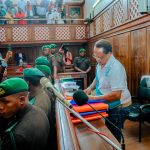A major health outreach initiative officially kicked off today in Malindi, where the Catholic Diocese of Malindi, through its Health Commission, and the African Health and Economic Transformation Initiative(AHETI)are hosting a free two-day medical camp at Msabaha Catholic Dispensary.
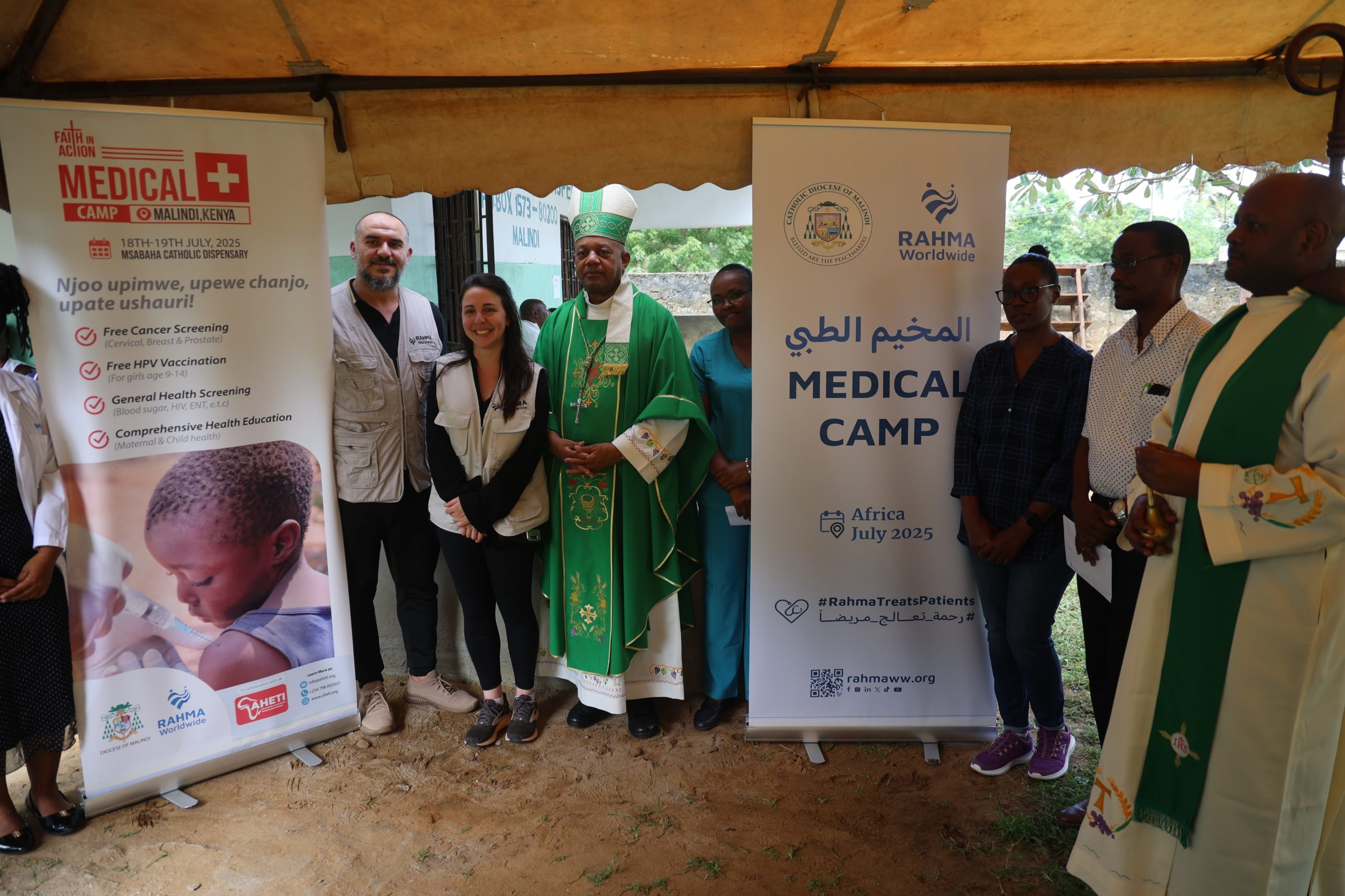
Running from July 18 to 19, the camp is already delivering critical services including cervical, breast, and prostate cancer screenings, alongside HPV vaccination for eligible girls and young women.
Faith leaders and organizers say the initiative is a vital response to growing health disparities in Kilifi County, particularly among women, children, and the economically vulnerable. The region is grappling with some of Kenya’s most urgent health indicators. Malindi.
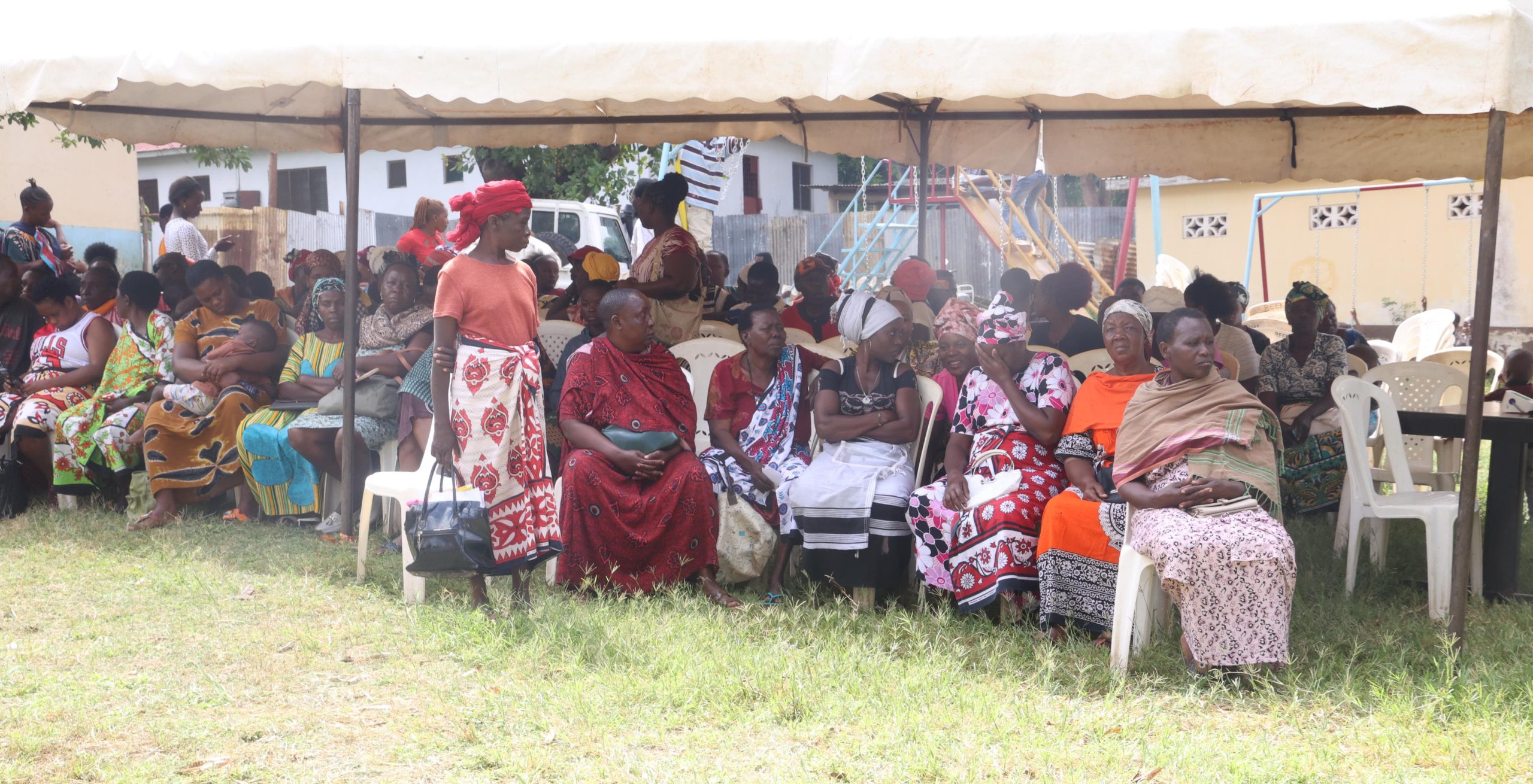
Sub-County reports a maternal mortality ratio of 428 deaths per 100,000livebirths—well above the national average. Only 35 percent of pregnant women in the area receive skilled care. Cervical cancer remains a leading cause of death among women, but fewer than 1 in 5 have ever been screened.
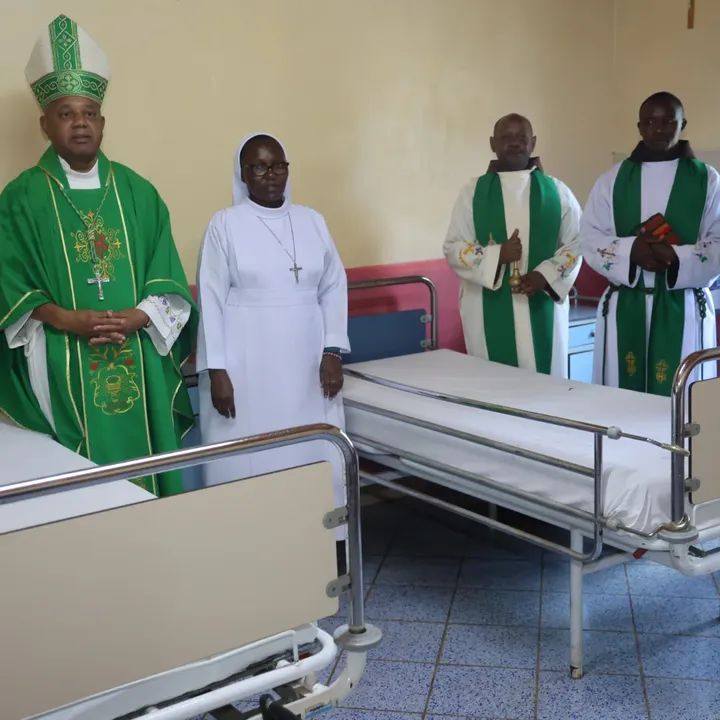
Despite government-led rollouts, only 16 percent of eligible girls have completed the HPV vaccine series. With oncology services concentrated in distant Mombasa—over 120km away—access to timely care remains a major hurdle.
“This camp is about restoring dignity and ensuring no one is left behind in our health system,” said Rt. Rev. Willybard Kitogho Lagho, Bishop of the Catholic Diocese of Malindi. “As a Church, our duty is pastoral, but also practical. Faith calls us to act—to reach the forgotten, the poor, the sick, and to serve them with compassion.”
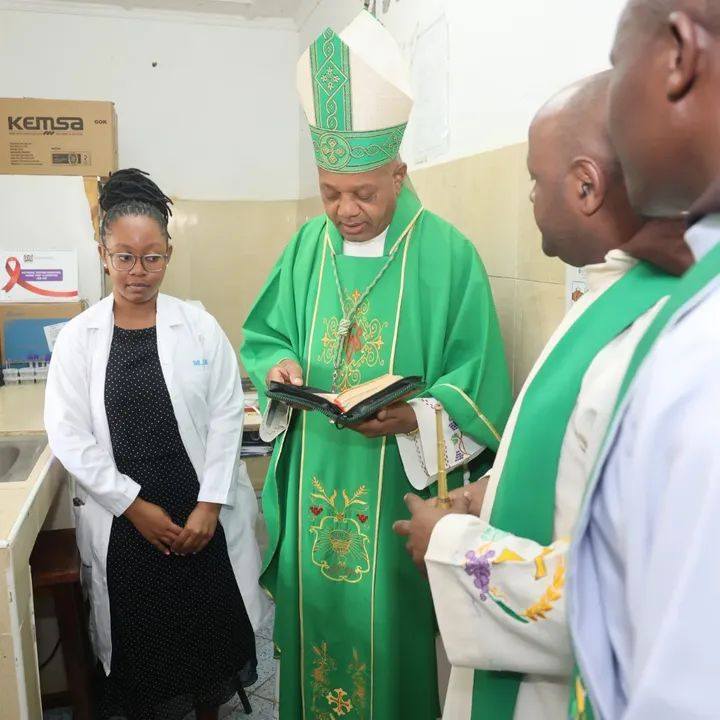
Faith-based institutions—trusted by more than 90 percent of Africans who identify with a religious faith—are playing a growing role in transforming public health delivery. AHETI and the Catholic Church are leveraging that trust to dispel myths, shift behaviors, and expand health services at the grassroots level.
“Faith institutions are Africa’s untapped infrastructure for health transformation,” said Fr. Charles Chilufya, S.J., Director of AHETI. “By working hand in the Church, we are strengthening the social fabric of healthcare—one that is credible, compassionate, and community-rooted. This partnership shows what is possible when faith and development converge.”
The medical camp aims to serve more than 2,000 individuals over the two days and has been made possible through the collaboration between the Diocese of Malindi, AHETI, Rahma Worldwide, and others. Beyond treatment and screening, it is equipping communities with health education and connecting them to long-term referral systems—part of a broader strategy to eliminate preventable diseases and accelerate progress toward universal health coverage in Kenya.

